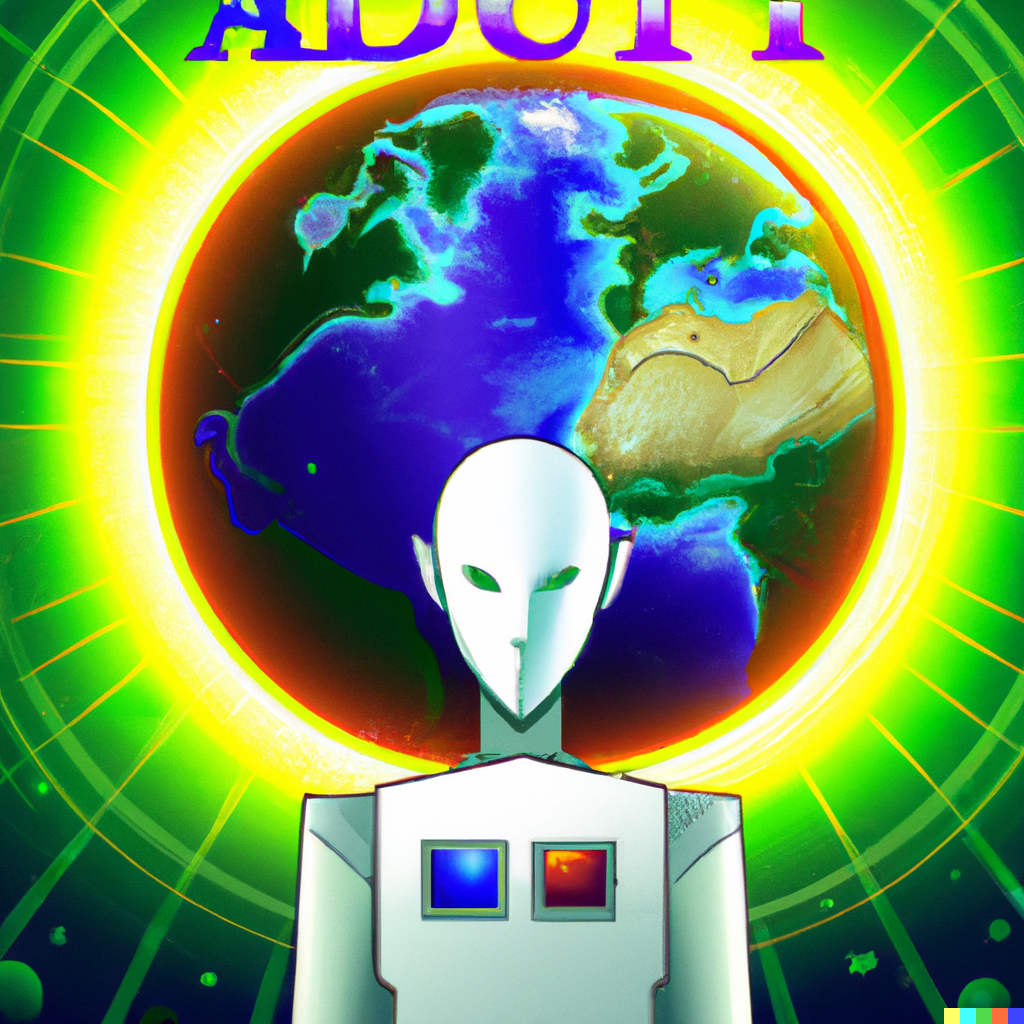As the world embraces AI-generated content and digitised knowledge, young Liam uncovers a hidden connection to the past through his grandfather Arthur’s revelations, igniting a journey of rediscovering the magic of shared stories and the tactile charm of physical books.
Arthur leaned back in his rocking chair, a look of nostalgia in his eyes. “You know, Liam, back in my day, newspapers were written by people, and everyone read the same articles.”
Liam’s eyes widened, unable to comprehend such a concept. “But Grandpa, how could everyone read the same thing? Didn’t they have AI to write articles for them?”
Arthur chuckled, shaking his head. “No, my boy. There was a time before AI was so advanced. Journalists wrote articles, and everyone who read the paper saw the same words, the same photos.”
Liam furrowed his brow, struggling to understand. “But how did they know what people wanted to read about? What if a policeman wanted to read about a car crash, and a little girl wanted to read about kittens?”
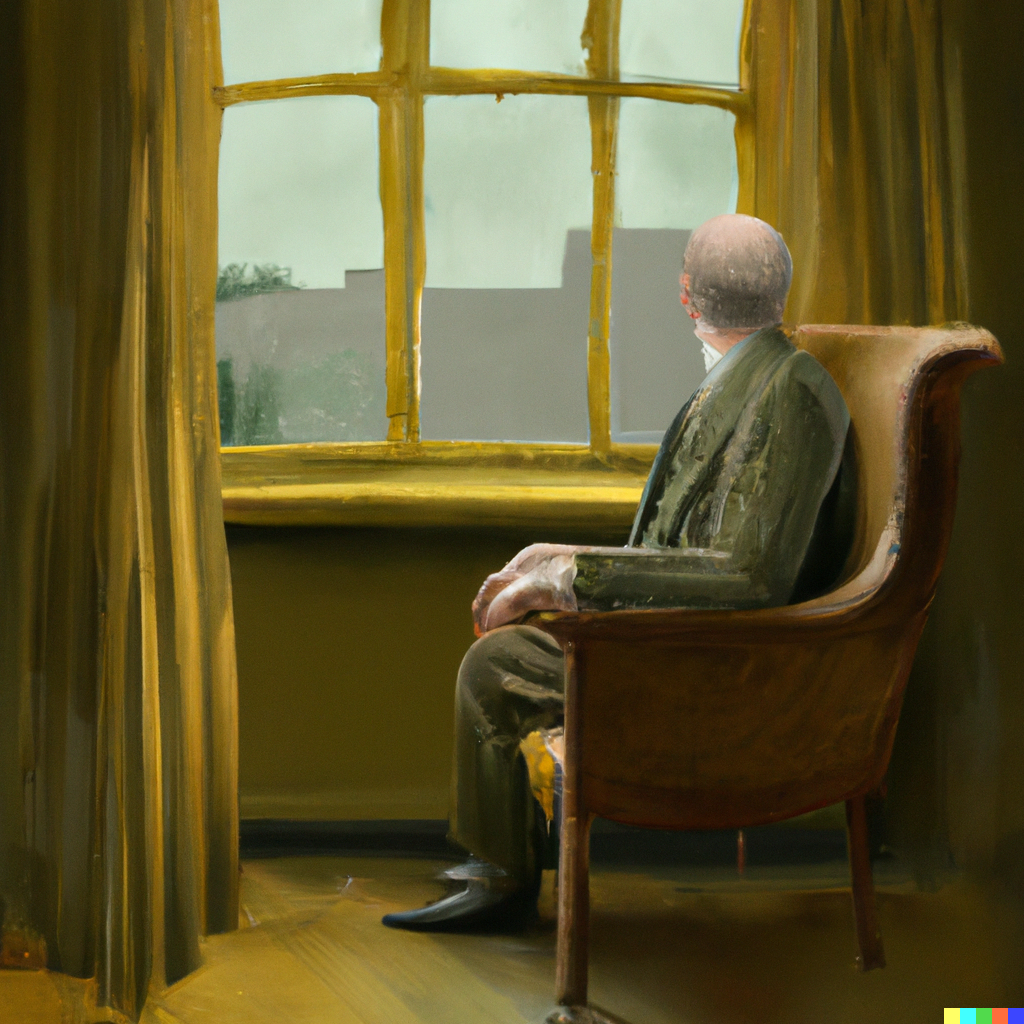
Arthur sighed, remembering the simplicity of the past. “Well, newspapers tried to cover a little bit of everything – news, sports, entertainment. But there was no personalisation like we have today. People had to search for what interested them, and sometimes they even stumbled upon something new.”
Liam’s eyes darted around, trying to imagine a world without tailored content. “But that sounds so… boring! How did people find what they liked?”
Arthur smiled, looking at his grandson. “We had to explore, Liam. We had to be curious and open-minded. We didn’t always know what we were looking for, but sometimes, that’s how we found the most interesting things.”
Liam considered this, his disbelief slowly giving way to fascination. “So, everyone had access to the same knowledge, and the same books and articles?”
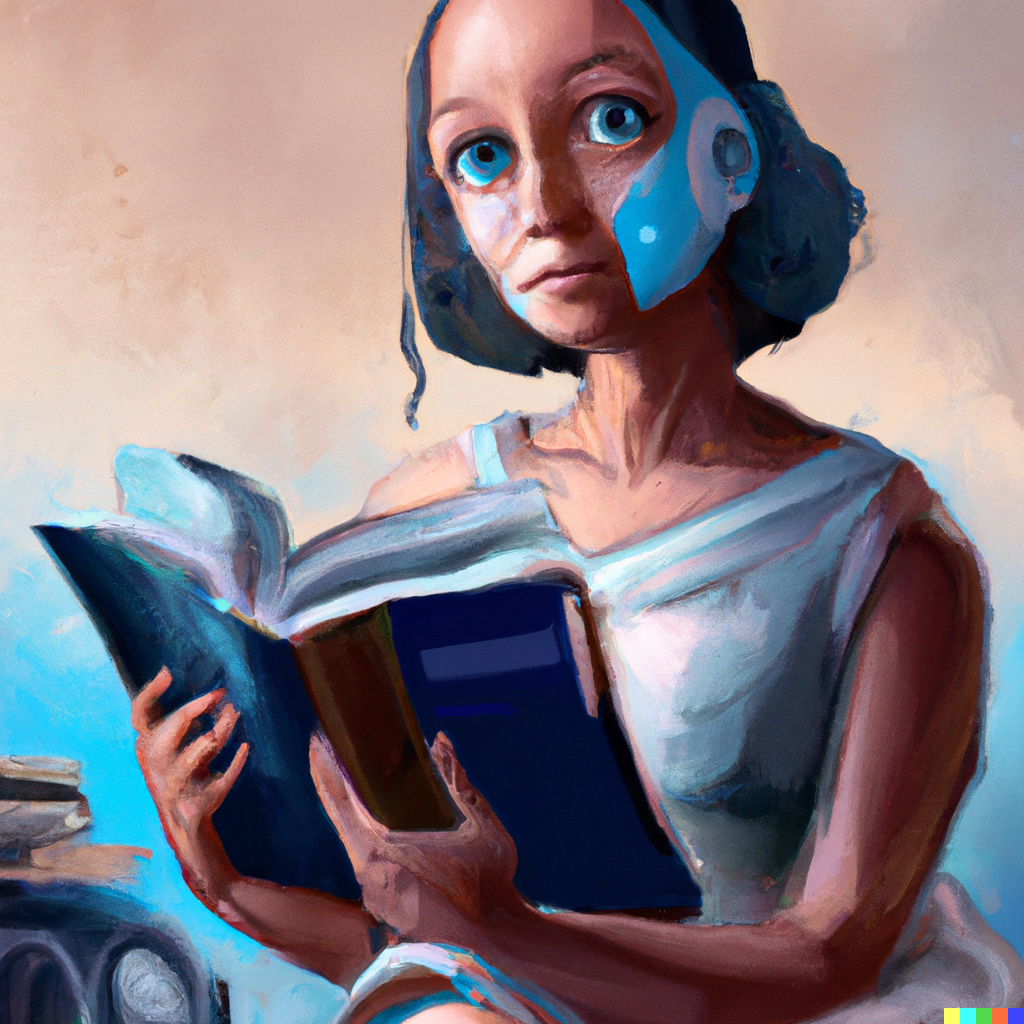
“Yes, Liam,” Arthur replied. “And in some ways, that brought people together. We shared experiences, we talked about the same things, and we learned from one another.”
Liam looked thoughtful, and then a smile spread across his face. “I guess that doesn’t sound so bad, Grandpa. Maybe there’s something special about sharing the same stories.”
Arthur smiled back, his eyes twinkling. “There certainly is, my boy. There certainly is.”
Arthur’s eyes twinkled with reminiscence as he continued the conversation. “You see, Liam, back then, we had access to paper books, newspapers, and magazines. People would go to libraries or buy a newspaper, and we could all read the same books.”
Liam’s eyes widened in amazement. “You mean, like, actual paper books? Not just digital ones?”
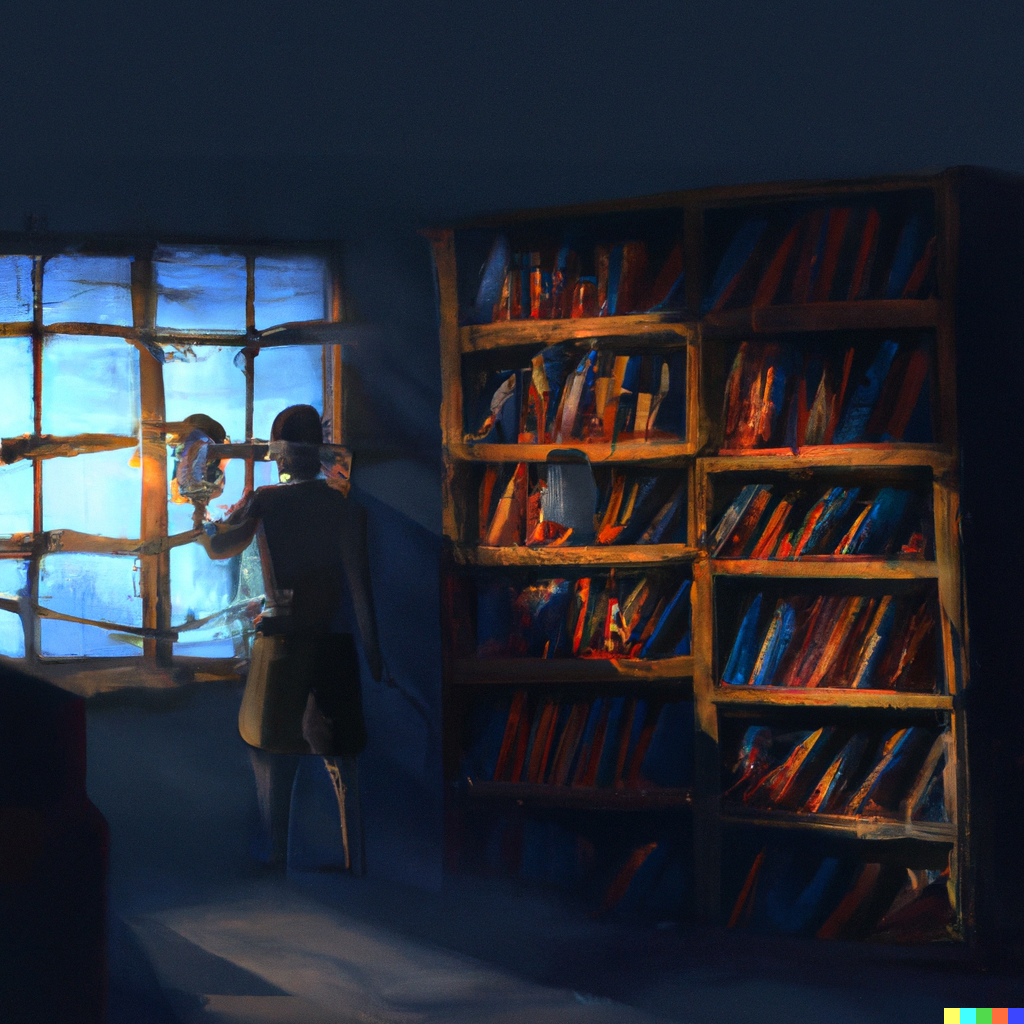
Arthur nodded. “Yes, my boy. But about four decades ago, things changed. All books and knowledge became fully digitalised, and due to ecological concerns, paper books and magazines were no longer allowed.”
Liam pondered this for a moment. “So, you’re saying that just like paper money was replaced by electronic money seven decades ago, the same thing happened to knowledge?”
“Exactly,” Arthur confirmed. “Everything became fully digitalised, and now, no one apart from AI and a few researchers has access to individual books or publications. It’s considered unnecessary.”
Liam frowned, trying to imagine a time when everyone could share physical books. “But Grandpa, do you think something was lost when everything became digital? It must have been nice to hold a book in your hands and share it with others.”
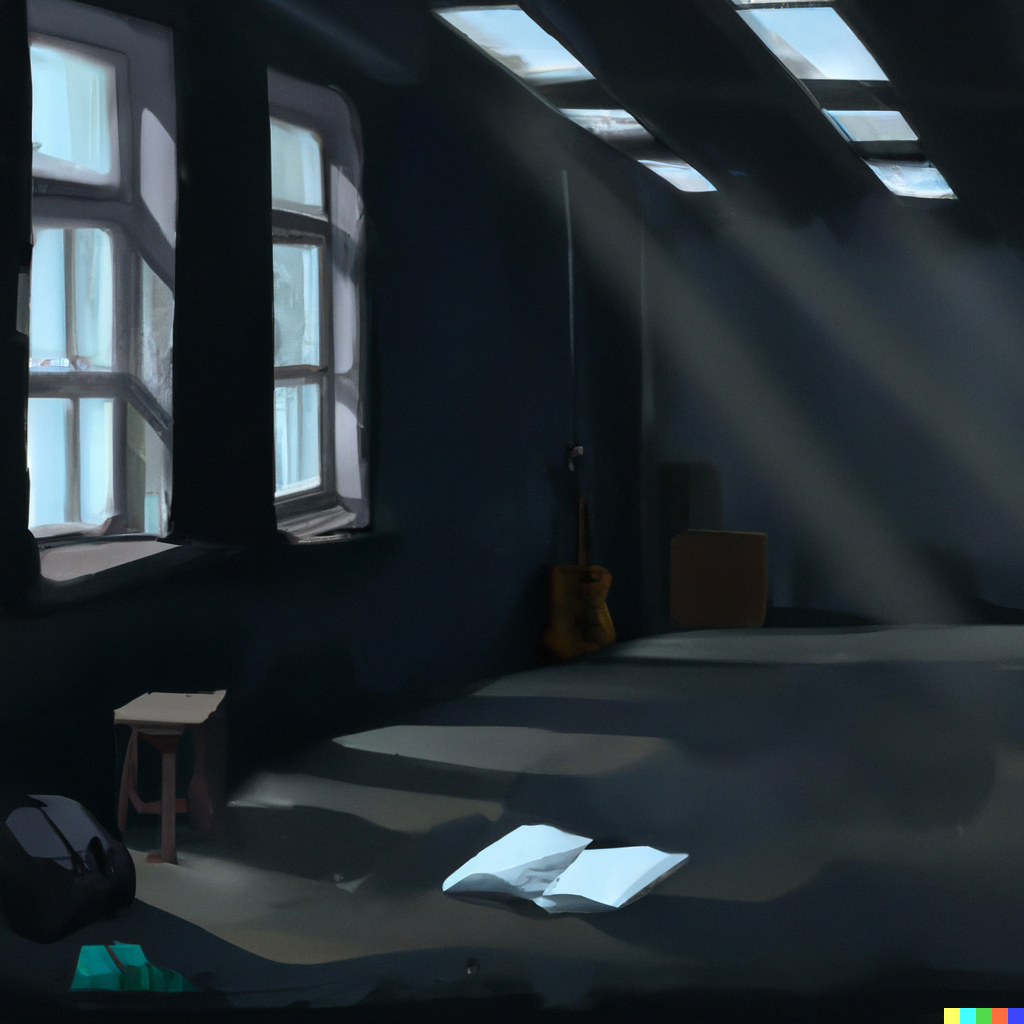
Arthur sighed, a hint of sadness in his voice. “Yes, Liam, there was something special about holding a book, feeling the pages between your fingers, and passing it on to someone else. The smell of the paper, the sound of turning pages… those are things that digitalisation can never replicate.”
He paused, lost in thought for a moment. “But we must also remember the benefits of digitalisation. It’s helped preserve our planet, and it’s made knowledge more accessible to everyone. Still, sometimes, I do miss the feeling of a physical book in my hands.”
Liam looked at his grandfather with empathy, understanding that the past held a special place in his heart. “Grandpa, I’m glad you can share these stories with me. It helps me understand how things used to be, and maybe, just maybe, we can find a way to bring back some of those experiences without harming the environment.”
Arthur hesitated for a moment, weighing his decision. Then, with a determined look in his eyes, he decided to share his greatest secret with his grandson. “Liam, I want to show you something very special, something I’ve managed to preserve from that time.”
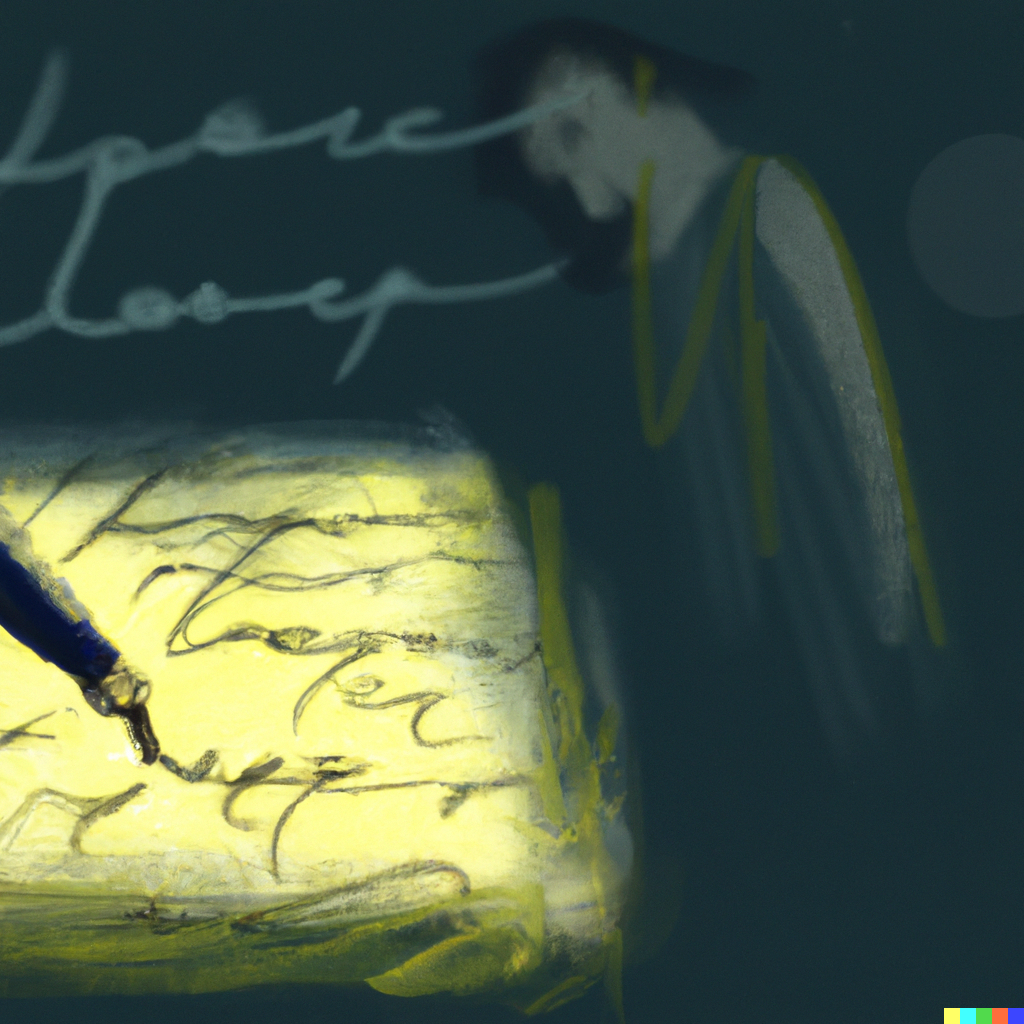
Liam’s curiosity was piqued, and he eagerly awaited his grandfather’s revelation.
Arthur carefully stood up and walked over to a dusty, old cabinet. He unlocked it and slowly opened the door. From the hidden depths of the cabinet, he carefully retrieved a well-worn, leather-bound book. Its pages were yellowed with age, but the title on the cover was still legible: ‘To Kill a Mockingbird.’
Liam stared in awe at the artifact his grandfather held. “Is that… a real book? How did you manage to save it, Grandpa?”
Arthur smiled, cradling the precious volume in his hands. “When the order came to recycle all paper books, I couldn’t bear the thought of losing this one. It’s a classic, Liam, a story that touched my heart and taught me valuable lessons about empathy and understanding. I hid it, knowing that someday I’d want to share it with someone special, like you.”
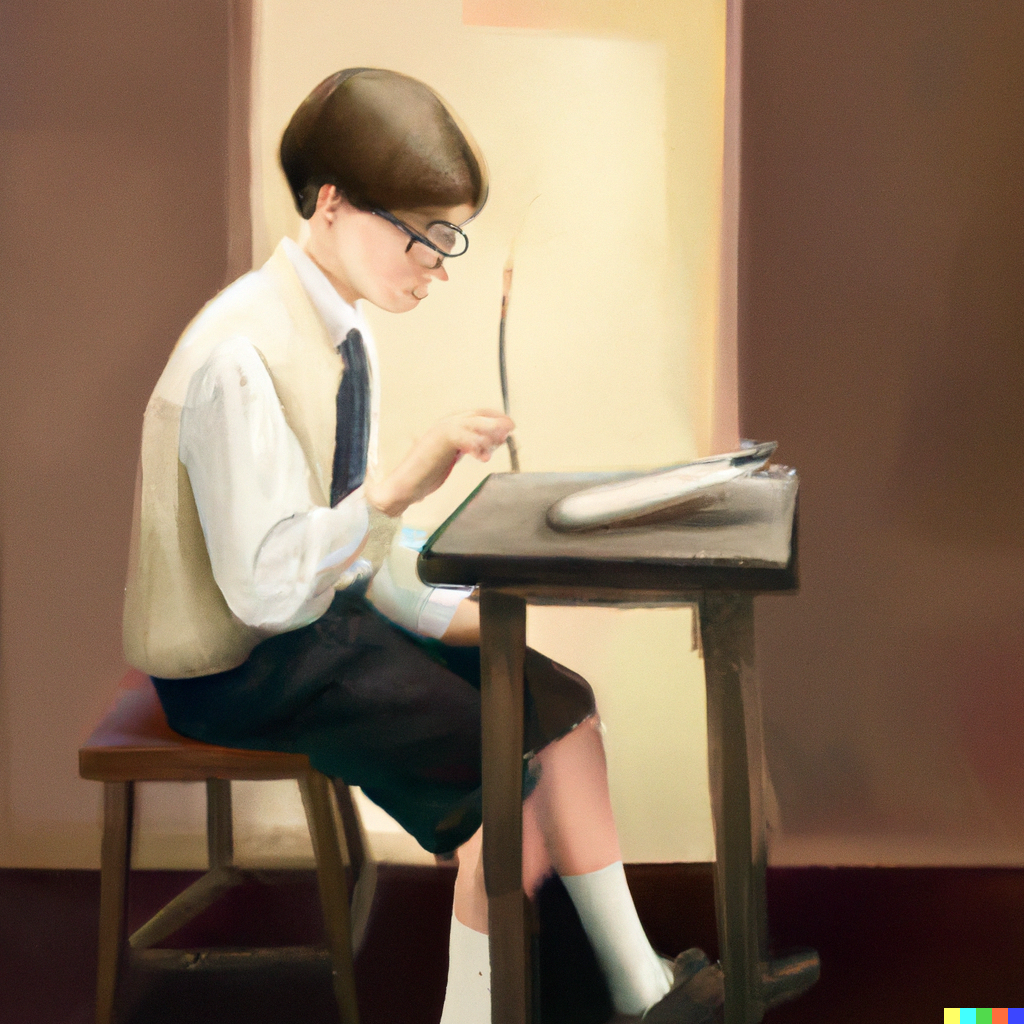
Liam’s eyes welled up with tears as he reached out to touch the book. “Thank you, Grandpa. This means so much to me.”
Arthur handed the book to Liam, who gingerly took it, feeling the weight of its significance. “Cherish it, Liam, and remember the value of the stories and knowledge it holds. Maybe one day, you’ll find a way to share these treasures without compromising the world we’ve worked so hard to protect.”
With a newfound sense of purpose, Liam nodded, his heart swelling with gratitude. “I will, Grandpa. I promise.”
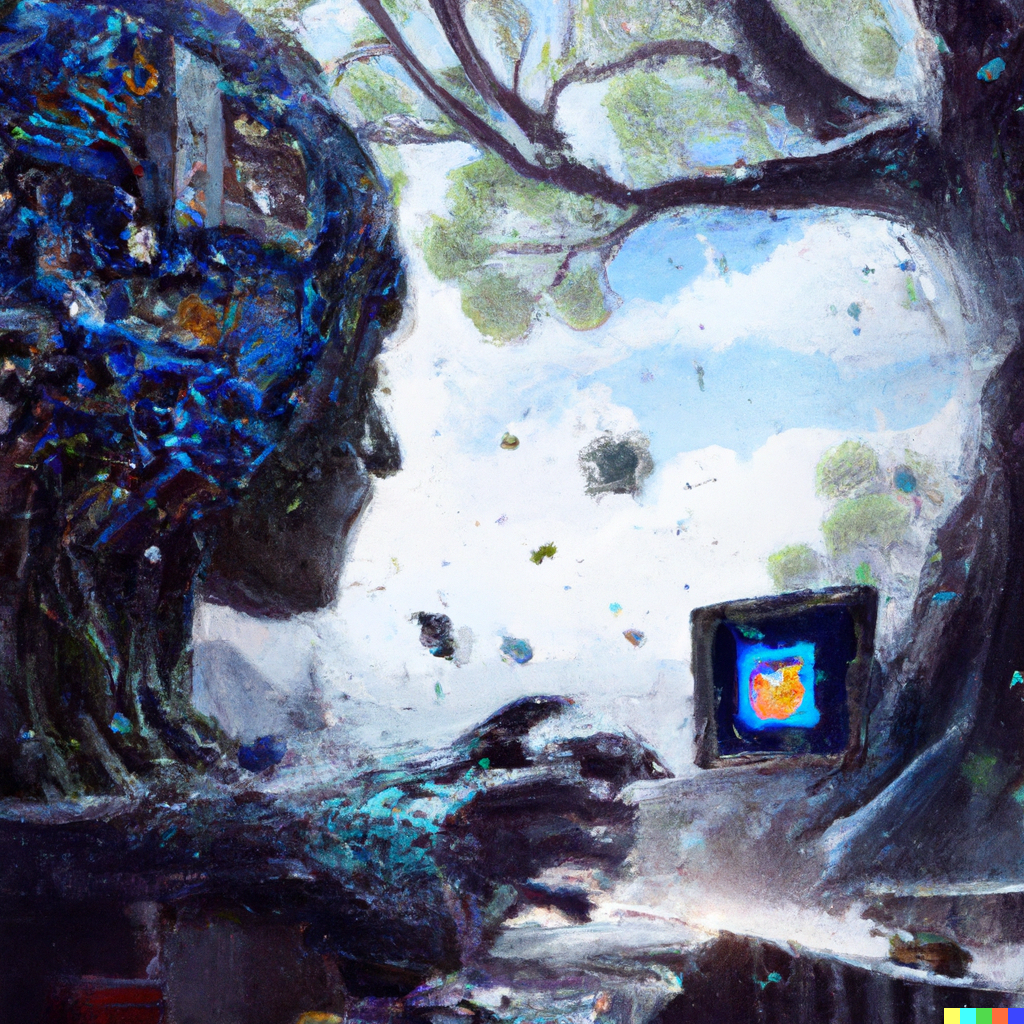
All images were generated using DALL.E 2 (Open AI)
